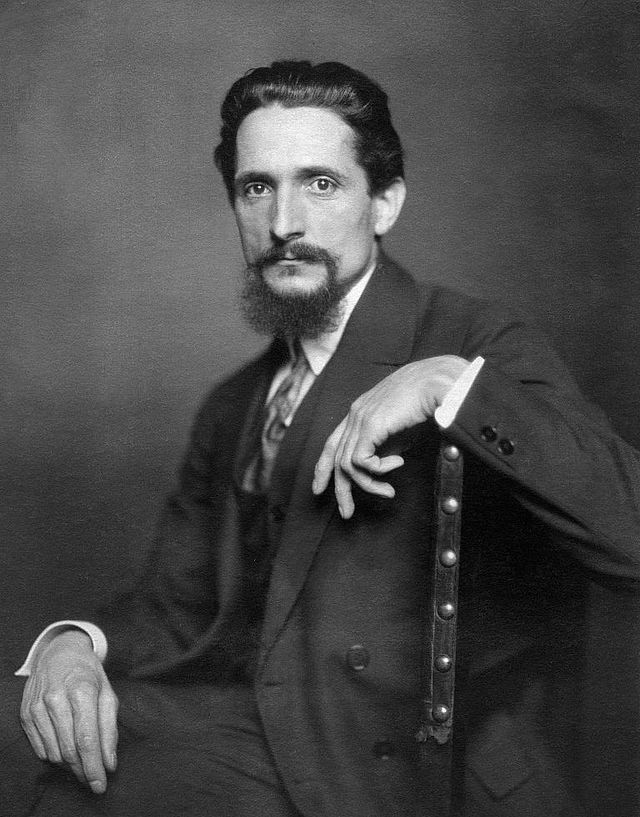Loading AI tools
Swiss novelist From Wikipedia, the free encyclopedia
Jakob Schaffner (14 November 1875 – 23 September 1944) was a leading Swiss novelist who became a supporter of Nazism.[1]


Born on 14 November 1875 in Basel, both his father and his mother, a native of the State of Baden, died when he was young, leaving him to be reared in an orphanage.[1][2] His early experiences inspired his most celebrated novel Johannes (sometimes known as Roman einer Jugend), which was published in 1922 and was a semi-autobiographical story of life in an orphanage.[1] He initially worked as a shoemaker before turning to writing and held a number of other jobs throughout his life whilst an author.[1] As a young shoemaker Schaffner travelled extensively as a journeyman in the Netherlands, Belgium and France, which heavily influenced his later writing, much of which was concerned with travel.[2]
He studied at the University of Basel, and wrote his early works in Basel.[3] In his very early days Schaffner was sympathetic to communism but he would switch at an early age to nationalism.[1][4]
In 1912, Schaffner moved to Charlottenburg, near Berlin, Germany, after marrying a German woman and was driven by his German ethnic identity.[1][3] His native spoken tongue was the Alemannic German dialect but seeking to rid himself of regional peculiarities and become what he described as an "all-German" he consciously adopted north German forms and expressions in his writing.[2] He was strongly critical not only of Judaism but also of Christianity, dismissing the Bible as "a foreign collection of texts".[5]
He later returned to Switzerland and from 1936 to 1938 was active on behalf of the National Front, leaving the movement along with Rolf Henne and Hans Oehler.[1] For a time Schaffner was a member of the Bund Treuer Eidgenossen Nationalsozialistischer Weltanschauung, a pro-Nazism group established by Henne, Oehler and others on the extreme wing of the National Front.[6] Schaffner had initially been a sceptic about Nazism but soon became a strong supporter of Adolf Hitler, feeling that he could spearhead a renovation of Europe.[1]
During the Second World War, Schaffner returned to live in Germany.[1] He joined the Nazi Party and worked as a propagandist for Joseph Goebbels.[7] He rarely returned to Switzerland, except for a meeting with cabinet minister Marcel Pilet-Golaz in 1940 alongside Ernst Hofmann and Max Leo Keller, two leading members of the recently established Swiss Nazi movement, the National Movement of Switzerland.[8]
Schaffner was killed in 1944 during an air raid on Strasbourg and was buried in his hometown Buus in September 1944. Having formerly been widely regarded as a writer, his reputation in German-speaking literary circles was damaged significantly after the war due to his support for Nazism.[1]
Seamless Wikipedia browsing. On steroids.
Every time you click a link to Wikipedia, Wiktionary or Wikiquote in your browser's search results, it will show the modern Wikiwand interface.
Wikiwand extension is a five stars, simple, with minimum permission required to keep your browsing private, safe and transparent.